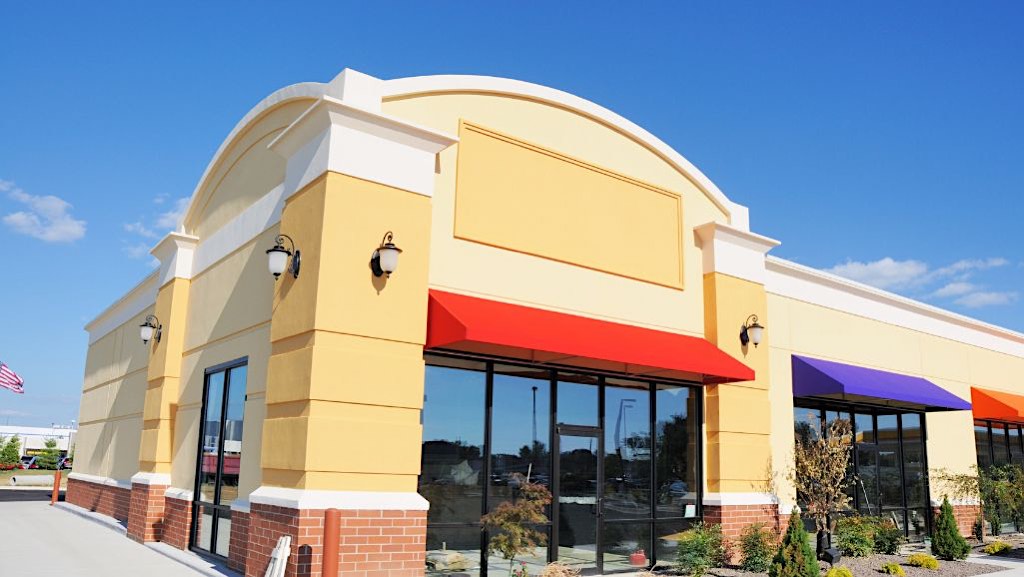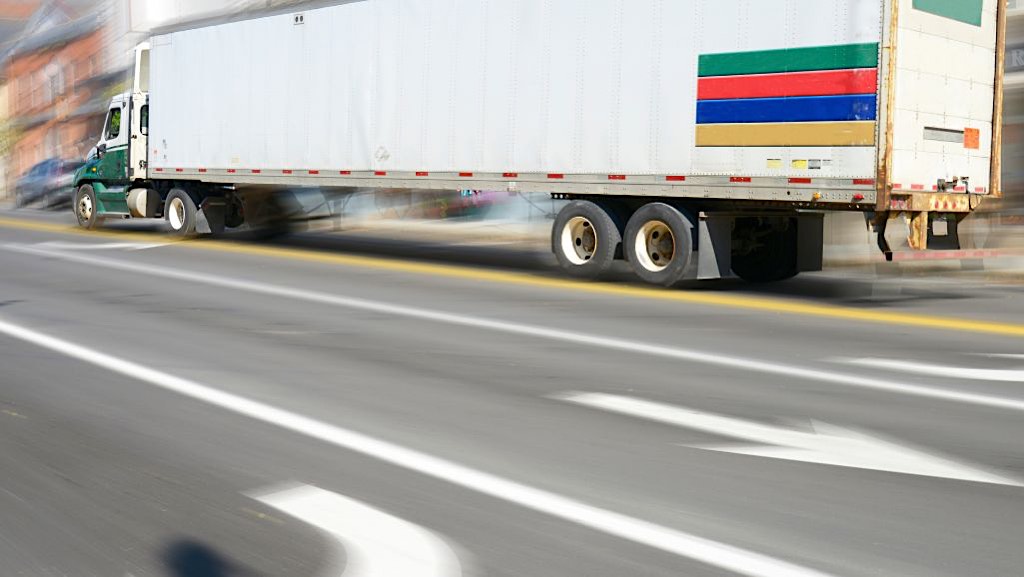 Transitional work – part of a return-to-work program - can help lower Worker Compensation Insurance rates and provide many additional benefits.
Transitional work – part of a return-to-work program - can help lower Worker Compensation Insurance rates and provide many additional benefits.
What is Transitional Work?
Transitional work allows employees injured on the job to get back to work more quickly and safely. Transitional work is a temporary situation that acts as a "transition" until they can return to their full work duties. The transitional work must always be within the injured employee's physician's restrictions, or you risk aggravating the injury.
3 types of transitional work
- Alternate or Light Duty – With this type of work, the injured employee does less physically demanding work than their regular job.
- Modified Duty – With this type of work, the injured employee continues to do his regular job but with engineering modifications to the employee's workstation.
- Work Hardening – With this type of work, the injured employee performs their regular job but slowly increases the difficulty level until they reach their pre-injury work level. This may mean working reduced hours.
What Are the Benefits of Transitional Work?
Studies show that getting an injured employee back to work as quickly and safely as possible benefits the employer, the employee, and even co-workers.
Benefits of getting an employee back to work for the employer:
- Claims are resolved more quickly
- Reduced WC claim costs
- Increased productivity
- Retention of experienced employees
- Reduced accidents
- Reduced absenteeism
- Reduced staff turnover
- Lower training costs
- Reduced overtime pay
- Reduced administrative costs
- Decreased number of grievances and arbitrations
- Improved employee morale and employee relations
- Shows employees that the employer cares about the well-being of its employees
Benefits of getting an employee back to work for the employee:
- Maintained employment relationship
- Minimizes loss of physical fitness
- Maintained skills
- Maintained pension plans, medical benefits, and group life insurance
- Maintained vacation and sick day benefits
- Maintained social connections and a sense of purpose
- Focuses on abilities rather than disabilities
- Quicker recovery time
How to Develop a Transitional Work Program
"Unfortunately, too many employers see a transitional duty program, also known as a return-to-work program, as a 'make work' situation for both the employer and the injured employee," Michael Stack from the Workers Comp Resource Center explains. "This approach to a return-to-work program often frustrates both employer and employee."
While transitional work needs to be tailored to each individual's work tasks and physical abilities, it should not be quickly thrown together to respond to a crisis. Employers should develop a transitional duty program before it is needed.
Transitional Work Program Tips:
- Create a written return-to-work (RTW) program
- Communicate the RTW program to all supervisors, managers, and employees
- Develop detailed job descriptions for every employee - A detailed job description is an essential tool for a physician to determine whether an injured worker can return to work in either a full or modified capacity.
- Create a list of less demanding tasks that need to be done, such as filing, answering phones, training, or inventory.
- Keep the transitional work as close to the employee's original job duties as possible
- Review the transitional work with the injured employee and address any concerns or issues
- Consult with the treating physician as needed
- Let your insurance agent know when the employee returns to work
Lower Your Workers' Compensation Insurance Costs!
At American Insuring Group, Ltd., we offer cost-effective worker's compensation insurance from various competing insurance companies. We'll work hard to get you the best price on quality insurance to protect your employees and business.
Call us today at (800) 947-1270 or (610) 775-3848, or connect with us online.



 The right
The right  Have you made the plunge into real estate investments and become a landlord? If you have, you aren't alone.
Have you made the plunge into real estate investments and become a landlord? If you have, you aren't alone.  We focus a great deal of time on safety to lower
We focus a great deal of time on safety to lower  Most states, including Pennsylvania, require employers to provide
Most states, including Pennsylvania, require employers to provide  As a general contractor, it may feel as if you’re a Jack of all trades, but sometimes you need to call in an expert (or a subcontractor) – an electrician, plumber, carpenter, etc. – on a project. And sometimes, you are the expert hired as a subcontractor.
As a general contractor, it may feel as if you’re a Jack of all trades, but sometimes you need to call in an expert (or a subcontractor) – an electrician, plumber, carpenter, etc. – on a project. And sometimes, you are the expert hired as a subcontractor. Landlord Insurance
Landlord Insurance One way to lower
One way to lower  One way to lower
One way to lower  Reducing worksite hazards can help save
Reducing worksite hazards can help save 



